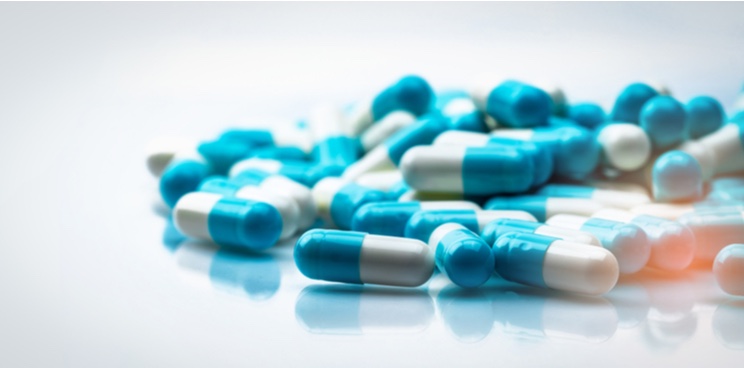Newsletter Signup - Under Article / In Page
"*" indicates required fields
The Dutch pharmaceutical company Pharvaris has raked in €60M in a Series B round to fund the clinical development of the first oral treatment for hereditary angioedema, a condition that causes swelling in the limbs and airways.
The Series B round will fuel the clinical progress of Pharvaris’ oral small molecule treatment for hereditary angioedema, a rare condition causing swelling, pain, and airway blockage. The drug has just begun a phase I trial, and, if successful, Pharvaris expects to begin a phase II trial in the same condition early next year.
Hereditary angioedema is caused by a mutation in a gene encoding the C1 inhibitor protein, which blocks the expression of bradykinin, a protein involved in inflammation that allows fluid to move from the blood into tissue. The loss of C1 inhibitor protein causes high levels of bradykinin in sufferers, with attacks of swelling and pain every few weeks. Currently available drugs to control these attacks need to be injected, such as Firazyr, which was developed by Shire, now owned by Takeda.
“Patients with hereditary angioedema are eager for effective oral therapies,” stated the CSO of Pharvaris, Jochen Knolle.
Pharvaris is one of several biotechs, along with the US-based companies KalVista Pharmaceuticals and Attune Pharmaceuticals, working to provide oral treatments for hereditary angioedema. Pharvaris’ drug is a modified form of Firazyr, and suppresses the inflammatory action of bradykinin by blocking a cell surface protein called the bradykinin B2 receptor. Unlike Firazyr, Pharvaris’ drug is designed to be delivered orally, giving it the potential to be the first oral treatment for the condition if approved.
Images from Shutterstock






